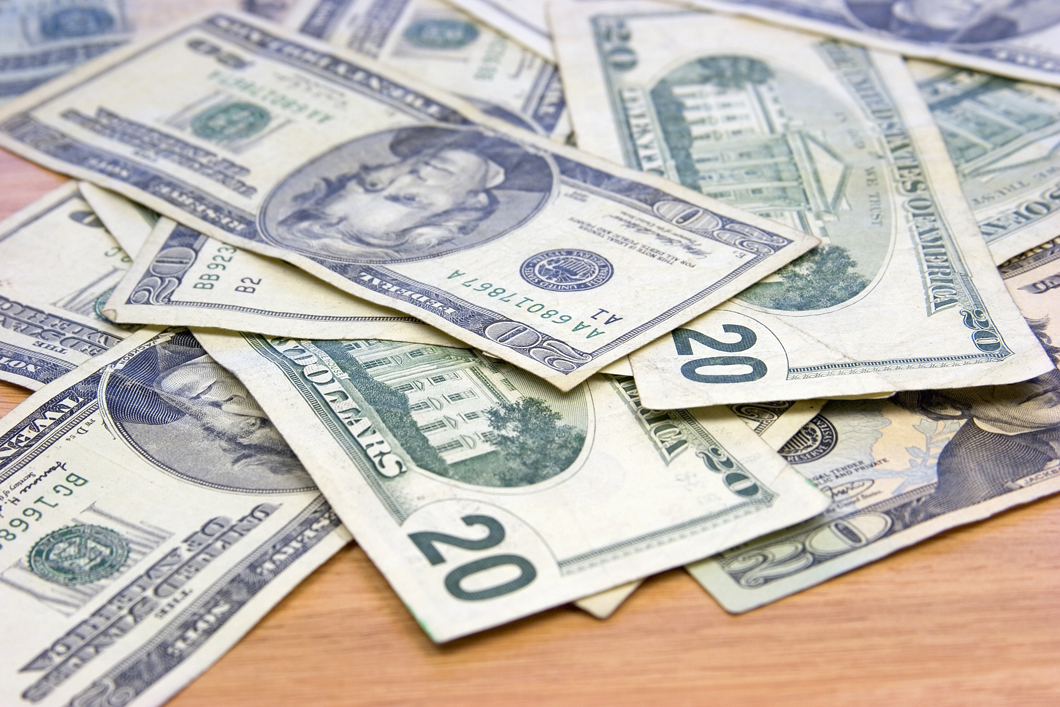
Meats, poultry, fish and eggs, fruits and vegetables, electricity, utility (piped) gas service, airline fares, household cleaning products, and rent of primary residences are being hit the hardest with price increases due to inflation. What does that mean for your wallet?
Well to be frank it means that something has got to go from your spending and what that is depends on what you can live without. We are not saying you must cut things from your daily life that are essential to surviving but what can you skimp on for the remainder of 2022 until things die down a little bit. We have said this time and time again that to get a good picture of where you stand you need to know what comes into your bank account and what leaves your bank account, i.e., building a budget. There are two types of budgets that you should be looking at. Non-discretionary is the budget that includes must pays, like mortgage, utilities etc. and then there is the discretionary budget which includes the wants outside of the must, for instance Netflix, buying organic or eating out. Now more than ever, with inflation being the highest it has been in 40 years, is the best time to rethink how you spend.
It is hard to change our habits especially after having extra cash flow these past two years so how can we easily adjust without giving up everything we have. The first place to start would be to look at the numbers and do some math. If we are seeing a 14.2% increase in meat, poultry, fish and eggs that tells us that the normal dozen eggs we bought back in 2021 at an average of $1.83 per carton now cost $2.09 per carton. That’s a $.26 increase in price in less than a year. It might not seem like much but if you buy eggs once a week you are spending over $1.00 more a month than you were before. Now think of that for the price of electricity, one of those non-discretionary items in the 21st century. Electricity is up on average 12% over the past 12 months. Here we will use Colorado for our math. In March 2021, rates were 12.33 cents/kWh and now they are 13.61 cents/kWh which is a 10.4% increase. Let’s say an average kWh usage for round numbers is 900 per month, so you are looking at a bill for $111 a year ago and today a bill of $122.50. On average you are paying $11.50 more each month for electricity leading to $138 for the year. That’s a whole month of electricity you are paying for in inflation!
Now that I have given you some math and examples, what do you think would be easiest to cut from your budget. We cannot get rid of the essentials like rent, utilities, and internet (if you work from home and need it), but we can look at other things like streaming services, brand name items, cutting out unnecessary food items from the grocery store, commuting less or finding alternative ways to buy. If you have Hulu, Netflix, HBO Max, Disney +, Peacock and YouTube, you are most likely paying way more than you should for streaming and at that point get a cable bundle with internet. Assess where you can cut or see if there are ways to bundle services. For instance, Disney + can be bundled with Hulu and ESPN +. That cost is $13.99 a month and you can save funds by bundling (keep in mind this is with ad support so not ads will cost you more). If you were to pay for Disney + and Hulu on their own that cost would be $14.98 per month. By bundling you save $0.99 each month. If you just want Disney and no bundle look at paying annually at $79.99 and save almost $16 on total cost (monthly is $7.99).
Think about going off brand for some items. Let’s look at coffee creamer. We all like some of the flavored creamers better than just half and half, but that can be expensive especially if you are buying certain brands like Starbucks. Starbucks caramel 28 oz creamer cost $5.68 at your local Walmart. Compare that to other brands like International Delight 32 oz for $3.52 or even Great Value 32 oz (Walmart brand) for $2.68. You could save $3.00 on coffee creamer and get more for your money. Not saying you need to do this with all items you purchase but think about it a little more. If we need to save a little extra, where can we do that. Are you willing to give up your creamer and buy a different brand to save? If getting rid of the creamer or other brand-named items is out of the question, then what else are you willing to let go of.
Sometimes we must cut out unnecessary items to make up for the extra cost on essentials. Is that box of Oreos a necessity for your diet or is it a want? Can you make do with buying fresh chicken instead of frozen and freeze it yourself? Frozen chicken will cost more by almost $0.25 a pound. While it is convenient you can do the same thing as the grocery stores and bag the fresh meat yourself to put into the freezer. I think you get the idea of how to handle the increase in cost on food items, but one last thing is to be cautious of eating out. Restaurants are having to pay for increases in food cost just as you are which means they must pass the cost off to someone and that someone is you.
Employers now have the capability to allow employees to work from home if they can. Commuting can be very costly especially with the rise in fuel cost. Take a chance and ask your employer if you can negotiate a schedule to where you commute to the office three days a week and work from home on the rest. This could help reduce your gas cost substantially and will allow you to be more productive since there is not commute. If you are commuting and only breaking even with your check, then what is the gain in working where you are. If you can find a job that allows you to work from home that would be an even better option. With that, employers will be more understanding (hopefully) and can try to work with you. Afterall, they hired you for a reason and do not want to lose a valuable employee. If they say absolutely not, then see what is out there. It never hurts to have options and right now people are willing to hire and need to hire.
Lastly, you do not have to go buy something brand new every time you need it. There are plenty of ways to acquire things like new online or through your local community. People had a lot of free time during the pandemic to clean up their houses and declutter. With that clean up came mass donations to places like Goodwill and the Salvation Army, but also a ton of yard sales and Facebook Marketplace post. You never know what you will find by looking at alternative shopping avenues. You could find all the camping gear you need for the 4th of July at 1/5th the cost because the seller tried it once and did not like it or you might get other freebies included.
We are living in a world that is snowballing and no one can stop it. The only thing we can do is find ways to work with it and not against it. Figure out what your budget is and stick to it whether that means cutting things out of your life for a certain period, then do it. The old saying “You cannot have your cake and eat it too,” rings so true in this baffling stage. If your non-discretionary budget is increasing, it is time to rethink those Oreos!
Written By: Erin Watkins




